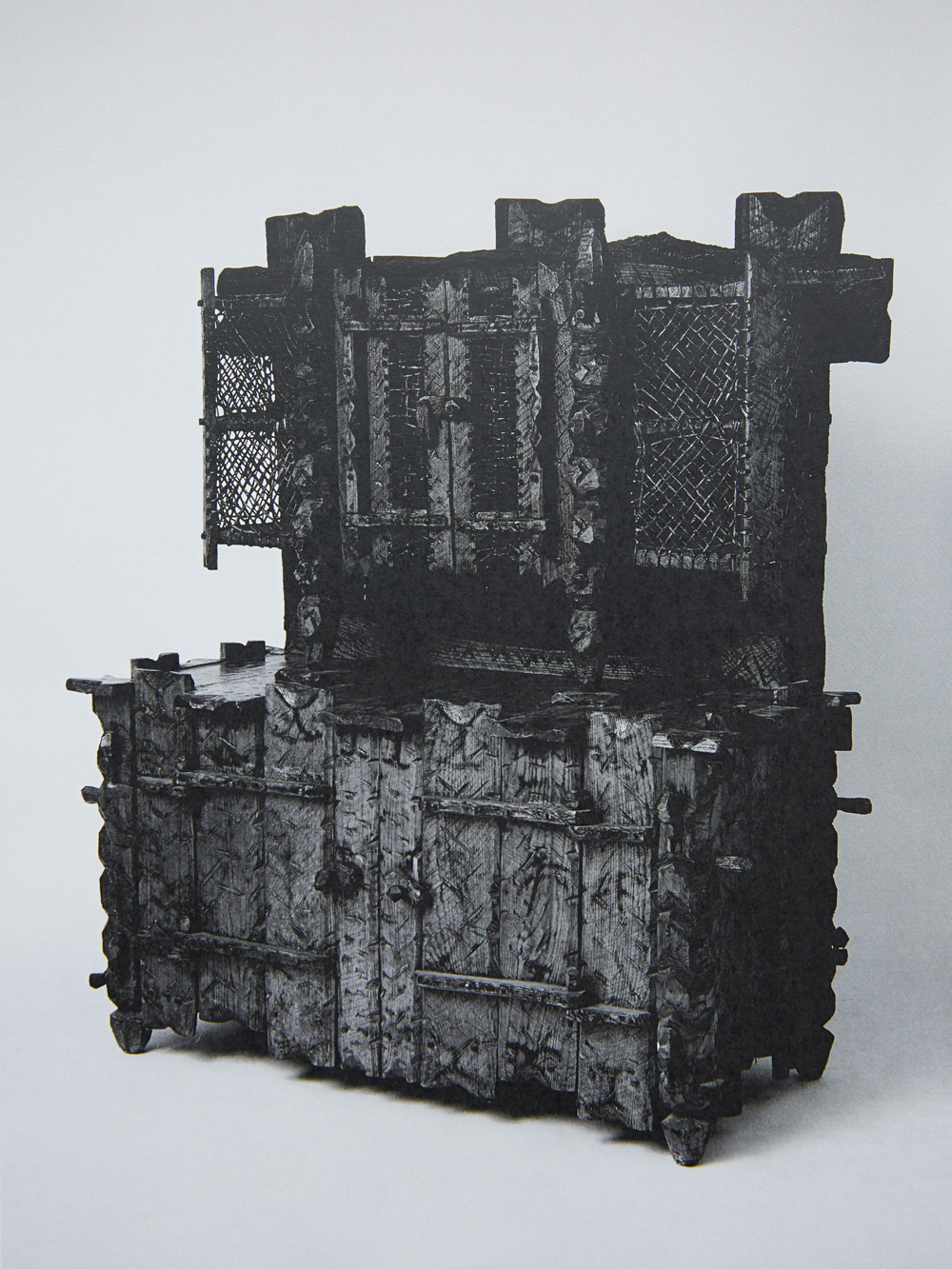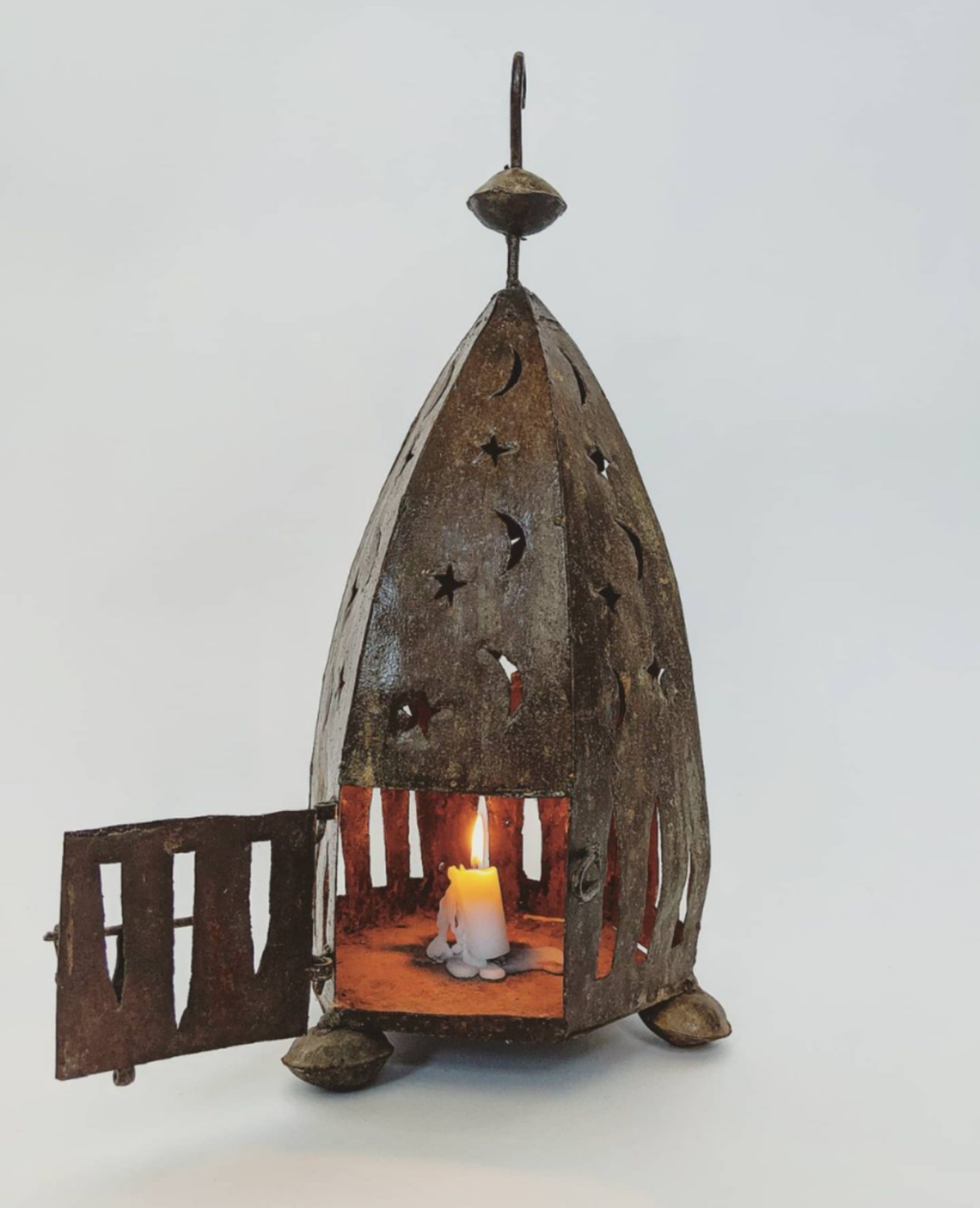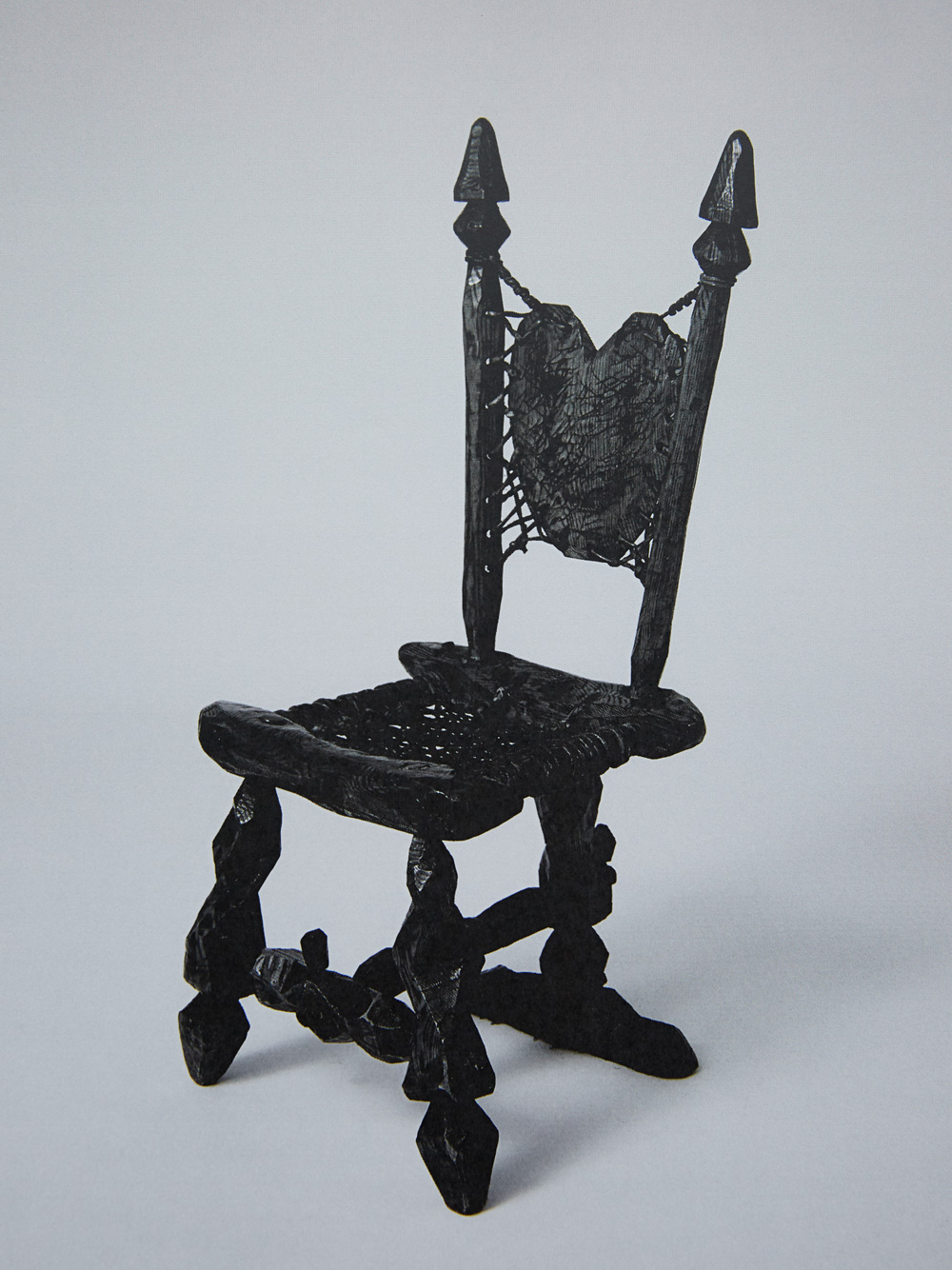Inside Montreal’s Bruises Gallery With Co-Founder Florence Provencher-Proulx
By Something CuratedEstablished by long-time collaborators Florence Provencher-Proulx and Isaac Larose-Farmer, Bruises Gallery exists transiently within the walls of an abandoned garage in Montreal, Canada. Celebrating diverse forms of decorative art, functional sculpture and extraordinary furniture, Bruises is the first interiors project from the duo behind clothing line Eden Power Corp. Amid recurrent lockdowns, last autumn the space launched with a group exhibition platforming the work of Quebec ceramists Élise Provencher, Noémie Sylvestre, Alexandre Guay and Sylvie Cauchon, as well as French sculptor Yves de La Tour d’Auvergne, and the Italian designer Alessandro Becchi. Meticulously curated, reflecting the gallery’s physical programme, Bruises’ Instagram feed oscillates between compelling research images and stylishly documented objects available for purchase. To learn more about the burgeoning gallery, Something Curated spoke with co-founder Provencher-Proulx.

Something Curated: Can you give us some insight into your respective backgrounds and how you became collaborators?
Florence Provencher-Proulx: We met 10 years ago in our small hometown and were blessed to share a very similar creative vision. At the time, Isaac was launching his hat company Larose Paris. I wanted to work in fashion and took the opportunity to help him develop the brand. We have been working and evolving together ever since. We launched Eden Power Corp, an eco friendly clothing brand 2 years ago. Bruises is our first official interior project.
SC: How was Bruises Gallery born? And what is the thinking behind the space’s name?
FPP: The Gallery was born during the Covid lockdown. We’ve been collecting furniture for a while as a hobby and it became much more persistent as we got stuck in our apartments. Our first exhibition “Une maison sans ami” (A friendless home) explored the concept of entertaining oneself with eccentric inanimate objects, aiming to fill the void left by human absence. It was named Bruises in celebration of the traces of time on well-lived furniture and objects.

SC: How would you describe the ethos of the project?
FPP: It is really a backlash of the reality in which we’re currently in. Covid has put emphasis on a very obsolete, fast-paced way of living. We were forced to take a step back, slow down and make way for contemplation. Bruises is a take on romanticism. Getting away from the homogenous modernity that surrounds us with unschooled, playful and spontaneous aesthetics. A need for lightness within all this chaos.
SC: What are some of your favourite pieces that are currently available?
FPP: The brutal primitive artisanal set is definitely a highlight. It deeply represents the essence of Bruises with its joyous smiles on the chairs among very abrupt chopped, yet soft lines.

SC: You have a very particular way of presenting and documenting your findings — could you expand on your stylistic influences?
FPP: We were strongly influenced by 80’s interior design ads and documentation. There’s a special warmth to the printed images that we wanted to recreate and a feeling that the object you’re looking at belongs to an elusive era, a treasure from the past leaving you almost nostalgic.
SC: What do you want to learn more about?
FPP: As we’re based in Montreal, Canada, we’re currently researching a lot about traditional Canadian craft. We like to focus on local gems.
Feature image: Samuel Pasquier for Bruises Gallery